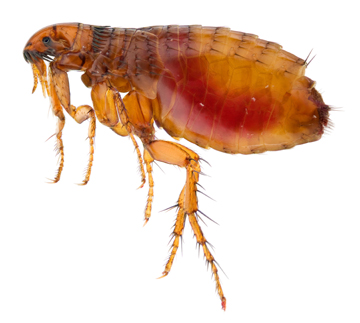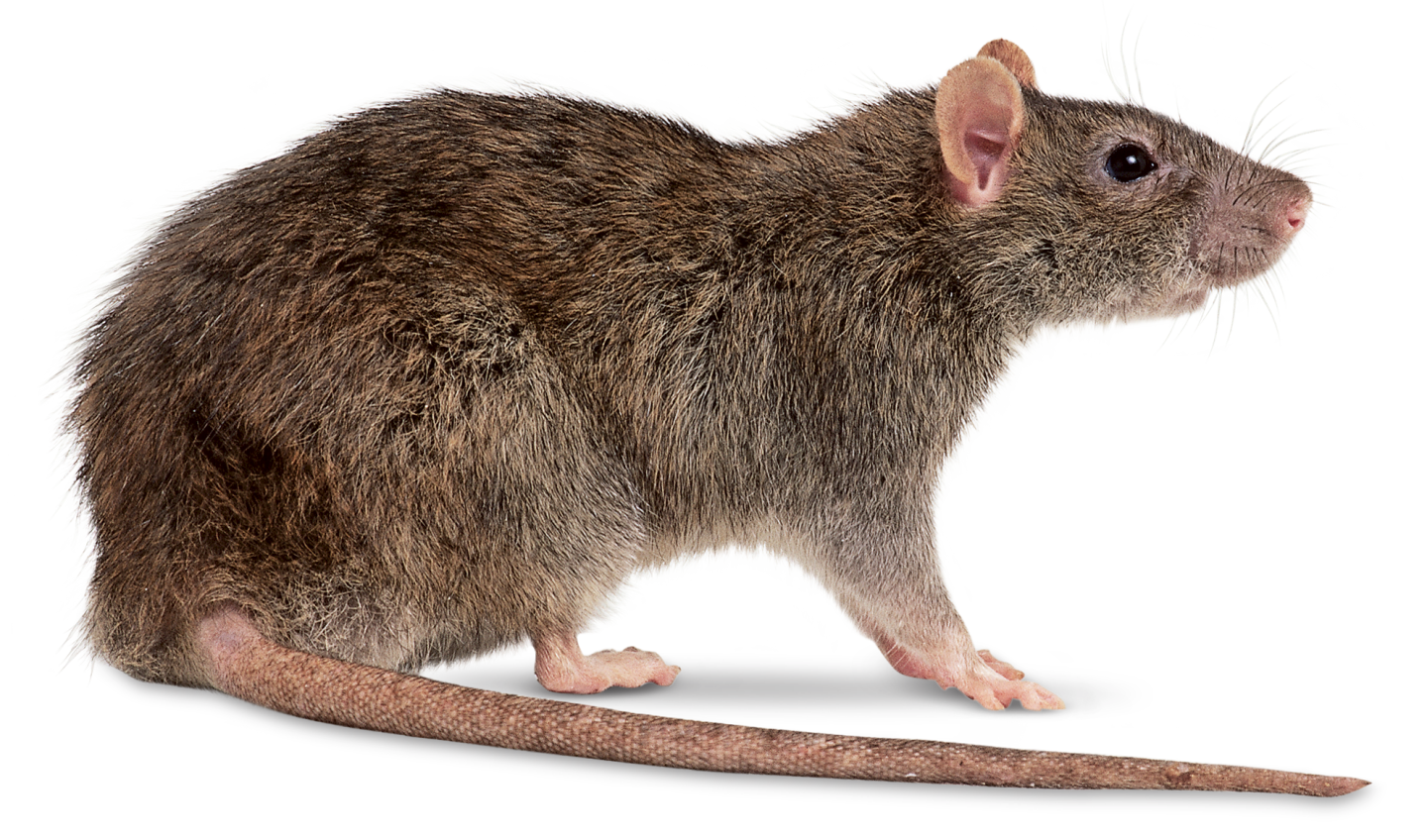The National Pest Management Association (NPMA) sponsors several weeks throughout the year revolving around certain pests. By partnering with the NPMA, Gregory hopes to bring more public awareness to these pests and what we can do to prevent and protect against them. October 21-27 is Rodent Awareness Week, and in honor of this week, we’ll be discussing one of the most infamous pandemics in history: the Black Plague.
Plague: A Brief History
The Black Death, also known as the Bubonic Plague, was responsible for wiping out nearly two thirds of Europe. The disease was characterized by bacteria named Yersinia pestis that would spread through the blood stream and then gather in the lymph nodes or “buboes” which is how the term “Bubonic Plague” developed. Black boils would then appear on the victim’s skin, hence the term “Black Death.” Flu-like symptoms accompany the boils and develop within 3-7 days of exposure to the plague bacteria.

According to the Centers for Disease Control and Prevention (CDC), there were three major plague pandemics throughout history. The Justinian Plague began in 541 AD and over the next 200 years, it killed over 25 million people. The next pandemic is the one we are most familiar with. The Great Plague or “Black Death” began in China in 1334 and spread along trade routes to Constantinople and Europe. It is estimated this pandemic killed 60% of the European population. The last pandemic occurred in the 1860s, began in China and was responsible for 10 million deaths over the next 20 years.
Transmission
The Black Death came in three different forms, Bubonic plague, Septicemic plague and Pneumonic plague. Flea or rodent bites spread the Bubonic plague, and the handling of infected bodily fluids, rodent or flea bites spread the Septicemic plague. These two variations of the plague could not pass from person to person through air contamination. For this reason, the CDC considers the Pneumonic plague to be the most serious of the three different forms.

A person contracted primary Pneumonic plague when Bubonic or Septicemic plague went untreated and the bacteria entered into the lungs. A person could then contract secondary Pneumonic plague by being in close proximity to a person already infected with Pneumonic plague. When an infected person coughed, tiny droplets of Yersinia pestsis infected the air and then entered the lungs of those in close proximity to the victim. Pneumonic plague caused pneumonia, respiratory failure and a host of other health issues.
Ecology
Researchers believe the plague was a zoonotic disease. Zoonotic diseases are those that originate in animals, and scientists believe the plague originated in rats through the bacteria Yersinia pestis. Rats were everywhere in Europe, and they spread throughout the continent via trading routes using boats as transportation. But humans didn’t catch the black plague from rat bites alone, they mostly caught the sickness from flea bites! Fleas were also all over Europe, and they piggy backed off the rats to get places. Once a flea bit an infected rat, it would then jump onto a human host and spread the disease this way.

A reason why the Black Plague spread so quickly was because of hygiene issues and lack of proper pest control. Back then, people thought an imbalance of the seven humors or perhaps a punishment from God caused the pandemic. Devout religious believers believed that changing and bathing indicated concern over their appearance which propagated the sin of vanity, even if it was just good hygiene. To avoid any ramifications of this sin, these people avoided bathing and changing clothes. Now we know that bathing is an important part of good hygienic practices which help keep bacteria and germs to a minimum. We also have effective pest control techniques and sanitation practices to keep rodents and fleas at bay.
While we know the chance of contracting the Black Plague is pretty rare now, especially in the US, if you have rat problems, call us! We’d love to help your home or business get rid of the vermin “plaguing” your home.

